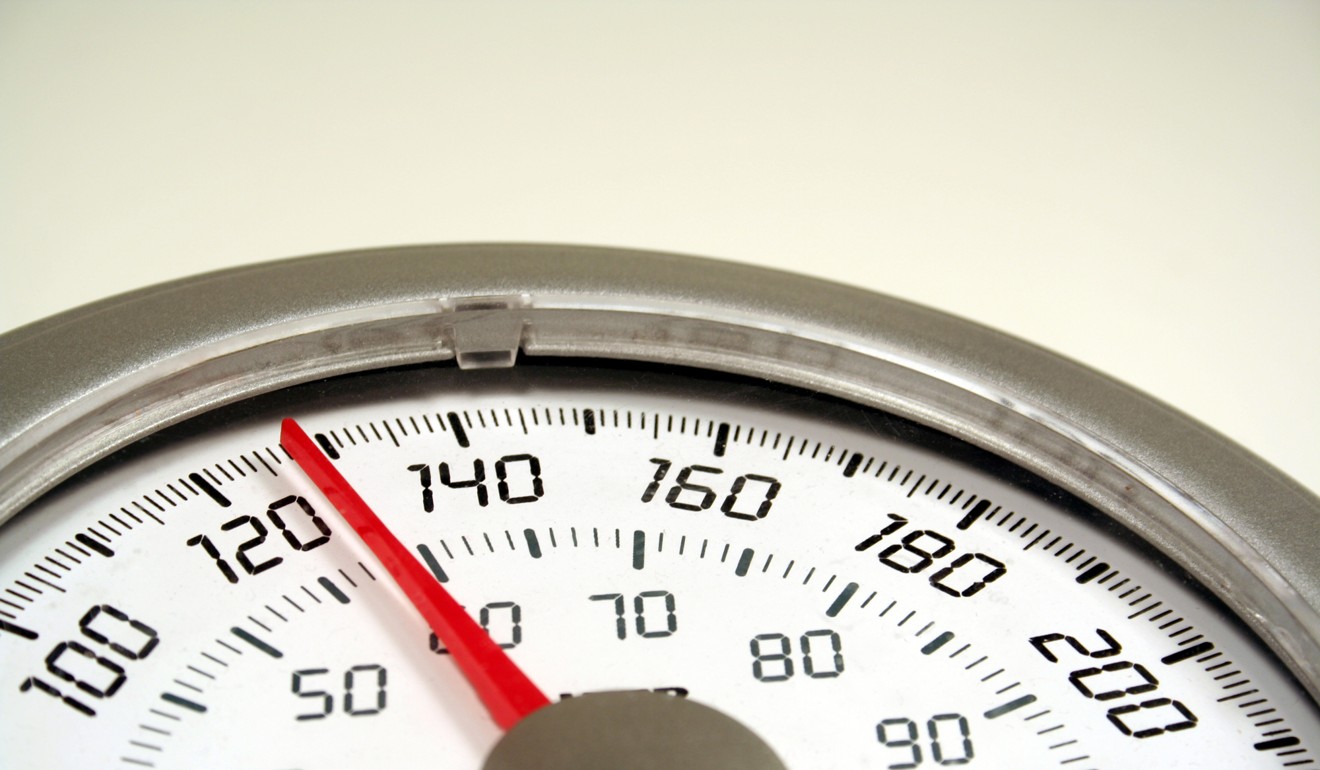
Is BMI a reliable indicator of health and fitness? Two Hong Kong doctors explain its pros and cons
Body mass index can be a good screening tool to determine whether people are overweight – and thus have a higher risk of developing diabetes, heart disease and some cancers – but fails to take several factors into account

Is the body mass index (BMI) a reliable indicator of an individual’s health and fitness?
The straight answer: No
The facts: You’re bound to have come across the term body mass index, or BMI. You’ve probably also been told that BMI offers clues to your propensity for developing certain diseases such as diabetes and heart disease. As such, many experts believe that a person’s BMI is a useful and reliable indicator of their health and fitness.
Useful? Perhaps. Reliable? Not quite.
According to Ardyce Yik, a registered naturopathic doctor at the Integrated Medicine Institute in Hong Kong’s Central business district, BMI was designed to measure the amount of tissue mass – that is, muscle, fat and bone – in an individual. To measure your BMI, you have to divide your weight in kilograms by the square of your height in metres.
According to the World Health Organisation’s international BMI scale, a score of less than 18.5 indicates you are underweight. If your BMI is between 18.5 and 24.9 you are of normal weight; a BMI of 25 to 29.9 indicates you are overweight; and a BMI of 30 or over shows classes you as obese.
While there is no official BMI for Asian people, WHO experts who considered the matter identified additional trigger points for public health action for many Asian people as follows: those with a BMI of 23 or more are at increased risk for type 2 diabetes and cardiovascular disease, while those with a BMI of 27.5 or higher are at high risk for both health conditions.
BMI is therefore a quick and simple way to preliminarily determine whether or not an individual is of healthy or unhealthy weight.

While BMI is a good screening tool and is widely used and recognised by the WHO and the Hospital Authority in Hong Kong, it does have its drawbacks, says Dr Gordon Cheung Chak-man, a general practitioner at The London Medical Clinic in Central.
“It’s an easy, inexpensive and non-invasive way to gauge how much body fat a person has, so it’s an appropriate screening tool for body fatness and its health risks,” Cheung says. “After all, people who are obese have a higher risk of developing certain conditions, including high blood pressure, diabetes, coronary heart disease, stroke, sleep apnoea, mental illnesses like anxiety and depression, and certain cancers, such as of the breast, colon, gallbladder and liver. BMI also screens for anorexia nervosa.”
However, Cheung explains that what BMI does not take into account is the fact that women tend to have more body fat than men, that older adults in general have more body fat than younger adults, and that athletes have less body fat than non-athletes. Similarly for children and teenagers, BMI figures can vary widely because the amount of body fat changes with age and differs between girls and boys.
BMI also isn’t very useful in assessing an individual’s fitness, especially in the case of people who have higher-than-average muscle mass, Yik points out. For example, an athlete or very muscular person may have a high BMI – since muscle weighs more than fat – but that doesn’t necessarily mean that they are at a greater risk of disease compared to someone of the same height and lower BMI. In this case, the individual’s BMI may be misleading.
When it comes to determining a person’s overall health, Cheung and Yik are in agreement that BMI is not completely reliable.
“I may use other [scientific] measurements and laboratory investigations to get more information about a patient’s health, since BMI only estimates one’s total body fat and not how the fat is distributed in the body,” Cheung says. “For example, measuring one’s waist-to-hip ratio and waist circumference can provide information on central obesity, or how much fat is around the organs in the abdomen. Central obesity is linked to high blood pressure, diabetes and heart disease, especially in Hong Kong Chinese.”

Yik explains that BMI doesn’t take into account the proportions of bone, muscle or fat and doesn’t tell us body fat percentage. “Furthermore, we now know that excess fat surrounding abdominal organs is more dangerous than peripheral fat in other areas of the body, but BMI doesn’t tell us where fat is found in the body. It also doesn’t consider age, gender or ethnicity.”
If you want to find out how healthy you are, you should consult your family doctor. They can order a series of tests, such as blood tests, chest X-rays and abdominal ultrasounds, to get a clearer picture of your overall health status and propensity for certain diseases.